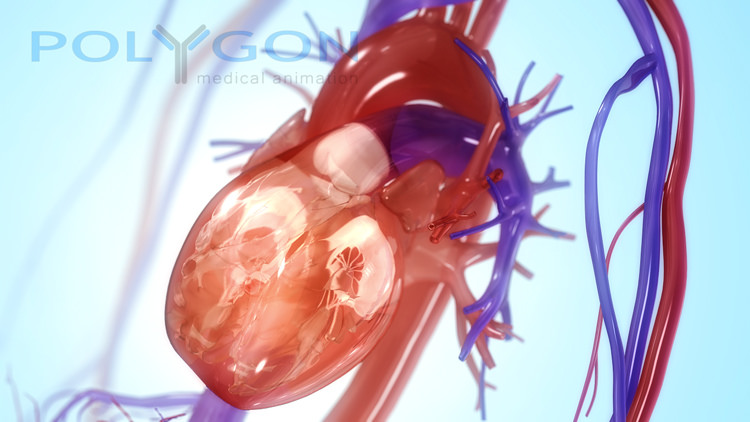New research shows that the age at which a woman has her first period is linked to her risk of having heart disease. The lowest risk of heart disease, stroke, and high blood pressure was found in women who began menstruating at the age of 13. The study showed that women who had their first period at age 10 or earlier had a 27% higher chance of being hospitalized or dying due to heart disease compared to women who began menstruating at age 13. Women who had their first period at age 17 or later were found to have a 23% greater risk of hospitalization or death due to heart disease. There were similar correlations discovered when comparing the age a woman had her first period to her risk of stroke and blood pressure complications; women with periods starting at ages earlier than 10 or later than 17 had higher risks of developing these health issues.
Image Source: Peter Dazeley
The association remained consistent regardless of the patient’s weight, smoking habits, and socioeconomic status. However, the research study did not explain why late and early periods have this effect on women’s health, and further research is required to determine if this is a causal relationship.
Dr. Dexter Canoy, the author of the study, recommended that it would be a good idea for middle-aged women to focus on changeable factors associated with heart disease, such as smoking, blood pressure, cholesterol levels. He also suggested that avoiding excess weight gain in childhood could prevent early periods, which could in turn decrease the chance of women developing heart disease later in life.
This correlation does not, however, include most women. Out of the 1.3 million women who were included in the study, only 4% began menstruating before age 10 and only 1% after age 17.
Feature Image Source: Polygon Medical Animation – Circulatory System by Polygon Medical Animation










